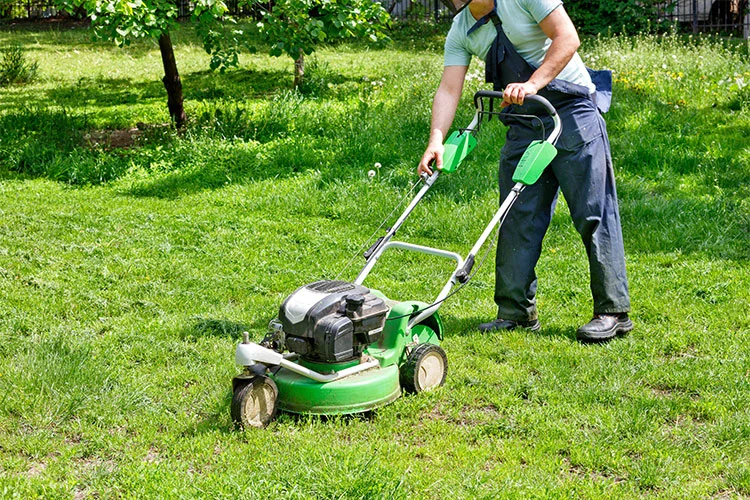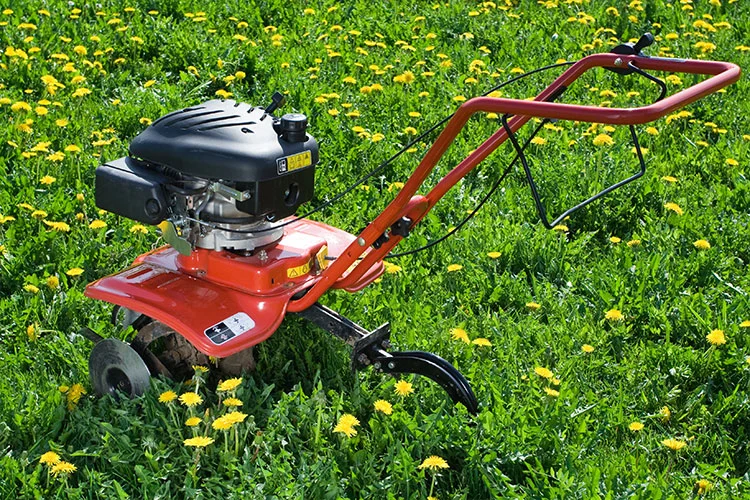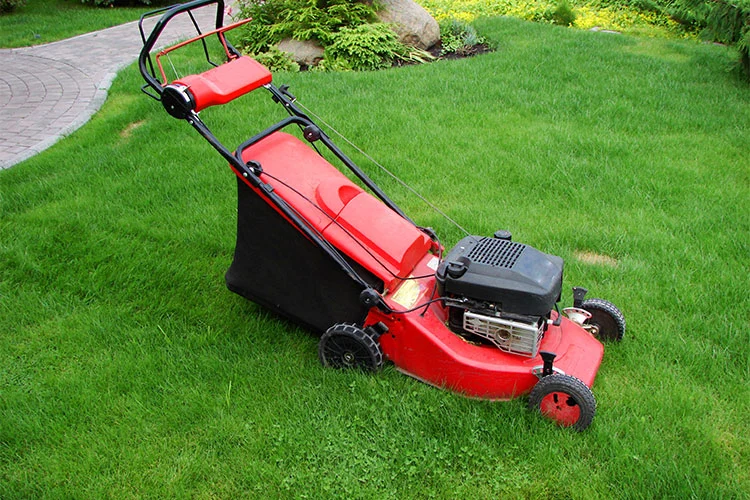Gripper chains are an essential component in a wide range of industrial material handling and conveying systems. Engineered for reliability and performance, these chains are designed to securely grip and transport products along assembly lines, through processing stages, and during packaging operations. Their unique design allows for positive control of items, preventing slippage and ensuring precise positioning, which is critical for automation and efficiency.
We manufacture a comprehensive range of gripper chains tailored to meet diverse industrial requirements. From standard applications in food processing to demanding environments in automotive manufacturing, our chains are built to last. The following sections provide a detailed overview of our product specifications, technical data, and answers to frequently asked questions.
Key Features and Benefits of Our Gripper Chains
- High-Tensile Strength: Manufactured from premium alloy steels or stainless steel, our chains offer exceptional resistance to wear, fatigue, and impact loads.
- Precision Engineering: Each link and gripper finger is machined to exacting tolerances, ensuring smooth operation and consistent product handling.
- Corrosion Resistance: Available in various materials and finishes, including zinc plating and nickel plating, for use in harsh or washdown environments.
- Customizable Configurations: Gripper finger spacing, pitch, and chain width can be customized to suit specific product dimensions and line speeds.
- Low Maintenance: Designed for long service intervals, reducing downtime and total cost of ownership.
- Versatility: Suitable for transporting a vast array of items, including bottles, cans, cartons, and automotive parts.
Detailed Product Parameters and Specifications
Our gripper chains are categorized based on their primary application, material, and key dimensions. The tables below provide a comprehensive breakdown of our standard product lines.
Standard Series Gripper Chains
| Model Number |
Pitch (mm) |
Chain Width (mm) |
Gripper Finger Material |
Maximum Working Load (kg) |
Temperature Range (°C) |
| GC-25S |
25.4 |
82.5 |
Stainless Steel 304 |
150 |
-20 to +200 |
| GC-38A |
38.1 |
114.3 |
Alloy Steel (Case Hardened) |
300 |
-10 to +150 |
| GC-50S |
50.8 |
152.4 |
Stainless Steel 316 |
500 |
-20 to +250 |
| GC-76A |
76.2 |
228.6 |
Alloy Steel (Heat Treated) |
800 |
-10 to +180 |
Heavy-Duty Series Gripper Chains
| Model Number |
Pitch (mm) |
Chain Width (mm) |
Gripper Finger Material |
Maximum Working Load (kg) |
Recommended Lubrication |
| GC-HD100 |
100.0 |
200.0 |
Carbon Steel (Hard Chrome Plated) |
1200 |
High-Temp Grease |
| GC-HD125 |
125.0 |
250.0 |
Alloy Steel (Nitrided) |
1800 |
Synthetic Oil |
| GC-HD150 |
150.0 |
300.0 |
Stainless Steel 316L |
2200 |
Food-Grade Oil |
Material Specifications
The choice of material is critical for performance and longevity. Below is a list of common materials used:
- Stainless Steel 304: Excellent corrosion resistance, ideal for food, beverage, and pharmaceutical applications.
- Stainless Steel 316: Superior resistance to acids and chlorides, suitable for chemical and marine environments.
- Alloy Steel (Case Hardened): Provides a hard, wear-resistant surface with a tough core, perfect for high-stress applications.
- Carbon Steel (Plated): A cost-effective option with good strength, often plated for enhanced corrosion resistance.
- Engineering Plastics (e.g., POM, Nylon): Used for gripper fingers in applications requiring low noise, light weight, and where metal contamination is a concern.
Frequently Asked Questions (FAQ) About Gripper Chains
What is the primary function of a gripper chain?
Gripper chains are designed to positively engage and transport products on a conveyor system. The gripper fingers or lugs protruding from the chain links securely hold items in place, preventing them from sliding or tipping during movement. This is essential for processes like indexing, sorting, elevating, and precise positioning.
How do I select the right gripper chain for my application?
Selection depends on several factors: the weight and dimensions of the product being conveyed, the required line speed, the operating environment (temperature, presence of moisture, chemicals), and the desired maintenance schedule. Our technical team can assist you in choosing the correct model based on your specific parameters, including pitch, width, material, and load capacity.
What maintenance is required for gripper chains?
Regular maintenance is key to longevity. This typically involves periodic lubrication with a lubricant compatible with the chain material and operating environment. Inspection for wear, such as elongated pitch or worn gripper fingers, should be conducted at scheduled intervals. The frequency depends on the operating hours, load, and environmental conditions.
Can gripper chains be repaired or must they be replaced entirely?
In many cases, individual chain links or gripper fingers can be replaced if they become damaged or worn, which can be more cost-effective than replacing the entire chain. However, if the chain shows significant overall wear or elongation beyond acceptable limits, full replacement is recommended to ensure system reliability and safety.
Are custom gripper chain configurations available?
Yes, we specialize in designing custom gripper chains. We can modify the pitch, the number and shape of the gripper fingers, the chain width, and the material to perfectly match your unique application requirements, including special attachments or coatings.
What is the typical lifespan of a gripper chain?
The lifespan varies greatly depending on the application. Factors such as load, speed, alignment of the conveyor, cleanliness, and maintenance practices all play a role. A well-maintained chain in a properly aligned system operating within its rated capacity can last for many years. We provide estimated service life data with our products based on standard operating conditions.
How important is proper chain tensioning?
Proper tension is critical. Insufficient tension can cause the chain to jump or derail, while excessive tension puts extra stress on the chain, sprockets, and bearings, leading to premature wear and potential failure. Most systems include an adjustable take-up mechanism to maintain correct tension.
Can these chains be used in food-grade applications?
Absolutely. We offer gripper chains made from FDA-compliant materials such as specific grades of stainless steel (304, 316) and engineering plastics. These are designed to be easily cleanable and resistant to corrosion from cleaning agents, making them ideal for food, beverage, and pharmaceutical processing.
What are the signs that a gripper chain needs to be replaced?
Common indicators include visible wear on the gripper fingers or link plates, significant chain elongation (often measured as a percentage increase over the original pitch), increased noise during operation, difficulty in maintaining proper tension, and frequent product misalignment or slippage.
Do you provide installation guides or technical support?
Yes, we provide detailed installation manuals, CAD drawings, and full technical support. Our engineering team is available to assist with integration into your existing systems or help design a new conveyor solution from the ground up.





